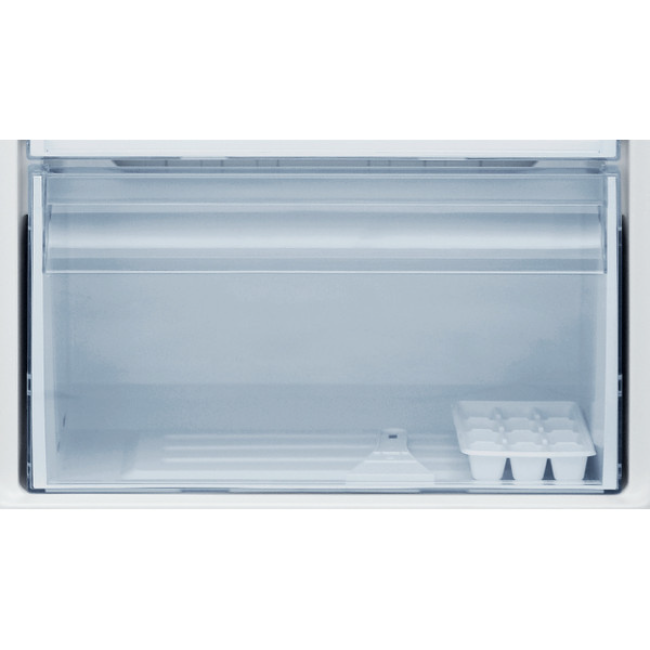
Which Freezer Is Best: Frost or No Frost?
When it comes to choosing a new freezer for your home, one of the first decisions you’ll face is whether to go for a traditional static model (often called "frost") or opt for a modern frost-free design. While both types have their benefits, understanding how they work and what suits your lifestyle best can make a big difference. At Joyces, we stock a wide range of freezers to suit every kitchen and budget—but which is right for you?
Frost-Free vs Static Freezers: What’s the Difference?
Static (Frost) Freezers use natural air circulation to cool contents. This often leads to ice buildup on the freezer walls, which needs to be manually defrosted from time to time.
Frost-Free Freezers, on the other hand, use a fan to circulate cold air evenly and include automatic defrosting. This prevents ice buildup entirely, keeping the internal temperature more stable.
Advantages of Frost-Free Freezers
1. No Manual Defrosting
The biggest perk is convenience. Frost-free freezers don’t require regular defrosting, which can be time-consuming and messy.
2. Even Cooling
The fan system ensures consistent cold air distribution, reducing warm spots and helping your food stay fresher longer.
3. Better Visibility
With no ice blocking your view, it’s easier to see and access stored food.
4. Energy Efficiency Over Time
Though they may use slightly more electricity upfront, frost-free models maintain efficiency better over time since ice buildup can cause static models to work harder.
Advantages of Static (Frost) Freezers
1. Lower Initial Cost
Static freezers are usually more affordable than frost-free models, making them ideal for those on a tighter budget.
2. Quieter Operation
With no internal fan, static models tend to be quieter—a consideration for open-plan homes.
3. Slightly Lower Running Costs
They may be slightly more energy-efficient short-term because they lack the fan system, though this can be offset by ice buildup.
What Do the Best Brands Offer?
Bosch
Bosch is a top choice for frost-free technology, with features like VitaFresh and multi-airflow systems. Bosch freezers are known for modern design, low noise levels, and smart sensors that regulate temperature automatically.
Miele
Miele offers premium frost-free freezers that include rapid freezing and low-energy use. Their high build quality and PerfectFresh zones help extend the life of frozen foods. Browse Miele appliances for long-term value.
Siemens
Known for advanced technology, Siemens frost-free freezers feature NoFrost and hyperFresh tech for consistent performance. Their Home Connect-enabled models offer app control and energy monitoring. See Siemens options here.
Whirlpool
Whirlpool offers affordable, family-friendly frost-free options with 6th Sense technology to auto-adjust freezing settings. Check out Whirlpool freezers.
Hotpoint
Great for those on a budget, Hotpoint provides both static and frost-free freezers with solid warranties and eco modes. View Hotpoint models.
Fisher & Paykel
A premium brand offering stylish frost-free French-door designs and precision cooling. Explore Fisher & Paykel for high-end solutions.
Key Features to Consider
Space and Layout: Frost-free freezers may need a bit more space for internal ventilation.
Noise Levels: Fan motors in frost-free models can add a small amount of noise.
Defrosting Time: If you choose static, factor in regular defrost sessions.
Food Type: Frost-free is better for storing varied items; static is suitable if you mainly store one type of frozen item like meat or batch-cooked meals.
So, Which One Should You Choose?
If your priority is ease of use, low maintenance, and consistent performance, a frost-free freezer is likely your best bet. For those looking for a quieter, budget-friendly option, a static model still holds up well—especially when sourced from reliable brands.
At the end of the day, the best choice depends on your lifestyle, kitchen setup, and how you use your freezer. For modern Irish homes looking for convenience, energy savings, and longevity, frost-free options are increasingly the go-to.